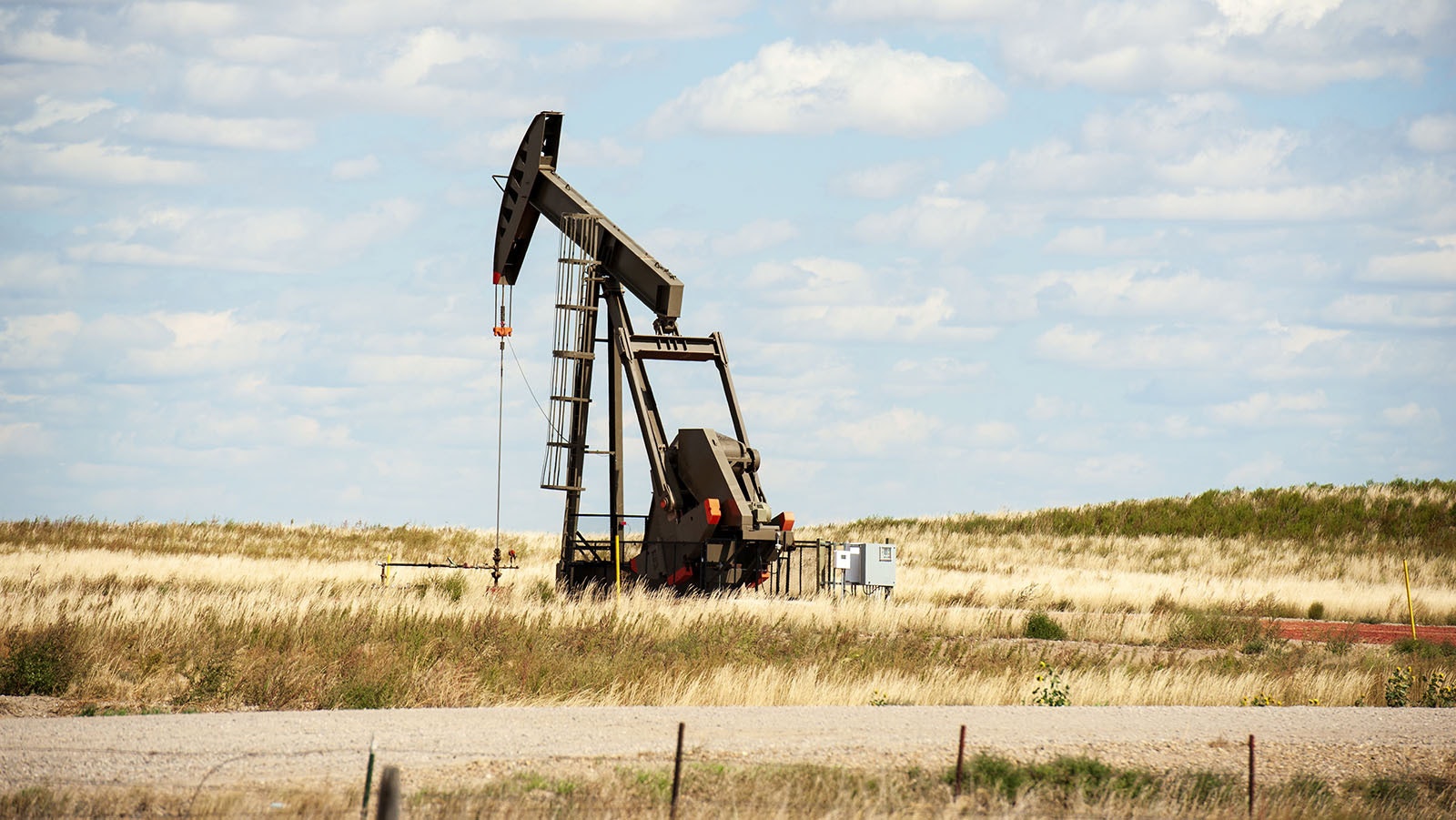Thousands of oil and gas wells in the Powder River Basin have landed in legal limbo following a decision by a federal judge in Washington, D.C., that the Converse County Oil and Gas Project’s environmental analysis was flawed.
Judge Tanya Chutkan stopped short in her Friday ruling of completely revoking the Bureau of Land Management’s Trump-era approval of the 1.5 million-acre, 5,000-well project in Converse County, but the decision will put any new permits for the area on hold.
Cowboy State Daily has asked the BLM how many drilling permits are now on hold and was told by a representative Monday morning that he would see if the agency is allowed to release that information to Cowboy State Daily.
While the ruling won’t affect existing drilling permits, it’s still disappointing, Gov. Mark Gordon told Cowboy State Daily.
“Judge Chutkan’s ruling is an extreme overreaction to a calculation mistake made by the BLM,” Gordon said. “This unnecessary delay merely punishes Wyoming oil and gas companies, when this error could be easily rectified. The governor has always viewed Converse County Oil and Gas Project as one that balances energy development while safeguarding Wyoming’s wildlife, and he continues to believe that this project achieves those goals.”
Wyoming U.S. Sen. John Barrasso was likewise frustrated that what he and other Wyoming officials see as a minor clerical error is being used to hold up a vital energy project.
“This project was approved years ago,” he said. “It’s outrageous for a court today to threaten a project that creates thousands of Wyoming jobs. The oil and gas production that will result from this project are vital to Converse County, Wyoming’s economy and America’s energy security.”
The .001 Factor
The devil is always in the details.
In this case, the detail in question is a term called specific storage value, which measures an aquifer’s capacity to release groundwater in response to oil field production.
A higher specific storage value means that more water is released, which results in less groundwater drawdown.
For its analysis of groundwater impact, the Bureau of Land Management used a specific storage value of .001, citing a 2014 Powder River Basin report. But the EPA flagged the figure as too high, meaning it would substantially underestimate the drawdown of groundwater due to oil and gas production.
That led two environmental groups, Powder River Basin Resource Council and Western Watersheds, to file a lawsuit in September 2022 to stop existing and future drilling at the site.
Chutkan initially denied the group’s request for a preliminary injunction, and dismissed all but one of its six claims, ruling that the plaintiffs had not demonstrated a likelihood of success on the merits of their claims.
The latest ruling, issued Friday, addresses the sixth claim. Her decision blocks further permits to drill, as well as requiring another briefing on potential remedies.
8,000 Jobs At Risk
When the BLM approved the Converse County Oil and Gas Project in 2020, the federal agency estimated then it would generate billions of dollars in revenue and about 8,000 jobs in Wyoming.
Less than a year after that approval, both Continental Resources and Devon Energy bought large stakes in the area, which they have touted as being stacked with multiple energy-rich layers. Stacked production is highly attractive because it helps boost production at a given well, with minimal additional cost.
Devon Energy, according to its investor materials, is running one rig in the area in 2024 to get a handle on the play and determine how the Powder River Basin should figure into the company’s overall portfolio during the second half of this decade.
Continental is now privately held and did not respond to Cowboy State Daily’s inquiry about its plans in the Powder River Basin.
Wyoming Petroleum Association Vice President Ryan McConnaughey told Cowboy State Daily he’s hopeful that deficiencies in the environmental analysis can be rapidly cured so that future plans for development in the area can quickly resume.
A prolonged delay, on the other hand, could mean the companies look elsewhere for their next production boost, once the existing resources they’re working on have played out.
“This case is part of an ongoing effort by anti-oil and natural gas groups to utilize the courts to stop all development on federal lands by any means necessary,” he said Monday morning. “It illustrates the growing need for federal lands leasing reforms that would spur development of energy and infrastructure projects, while maintaining necessary environmental and safety protections.”
Renée Jean can be reached at renee@cowboystatedaily.com.





